Pop, fizz, clink! There’s no better sound than cracking open a crisp, sugar-free sparkling drink. It’s the refreshing alternative to boring, flat water and those sneaky sugar-packed sodas. For many, it’s a daily ritual to have some sparkling water.
In fact, In 2021, the sparkling water industry bubbled up to a staggering $30 billion, and it’s set to grow by almost 13 percent by 2028.
If you’re nodding along, you likely have a favorite seltzer brand in mind.
For fizz fanatics like us, every can (or bottle) opened feels like a celebration. The tingle on the tongue provides a sensory experience that is incomparable to flat water. That carbonation can make “getting enough water” more enjoyable.
But is that fizzy drink really as hydrating as plain water? And is it a safe alternative or just a bubbly diversion? What would be the healthiest sparkling water out there? Is there a brand that is hands-down the best sparkling water?
Let’s find out.
Contents
What is Sparkling Water or Carbonated Water?
Carbonated water is water that has been infused with carbon dioxide gas under pressure. This process gives the water its characteristic bubbles, making it a popular choice for those who are looking for a fizzy alternative to still water.
Carbonated water is commonly referred to by different names like sparkling water, club soda, soda water, seltzer water, and fizzy water. In some countries, you might also hear it referred to as water with gas.
History of Carbonated Water
Sparkling water’s bubbly journey began in ancient Rome, where folks believed those fizzy springs could work some real magic on ailments.
In 1772, Joseph Priestley found a way to add bubbles to regular water. Later, in the 1780s, new tools like Jacob Schweppe’s seltzer bottle made it even more popular.
Sailors started drinking it because it tasted better than the stale water on ships. In the U.S., especially in New York, sparkling water became a big hit. This was especially true amongst Jewish immigrants who set up many seltzer stalls.
What’s the Difference Between Sparkling Water, Tonic Water and Club Soda?
Sparkling Water
Sparkling water is essentially water that’s been fused with carbon dioxide (the bubbles we can see).
Some brands, like Perrier and San Pellegrino, take it a step further and source their water from natural mineral springs. This means that they contain a mix of natural minerals and even sulfur compounds.
Tonic Water
Tonic water is a unique twist on carbonated water. It contains quinine, which gives it a unique bitter flavor. Because of this bitterness, tonic water is often sweetened with sugar or other sweeteners.
Club Soda
Club soda is carbonated water, too, but it has added minerals like salt. These minerals are added to enhance its taste, making it a bit different from your standard sparkling water.
Now, onto the main question: Is sparkling water truly a healthier alternative to sodas or even plain water?
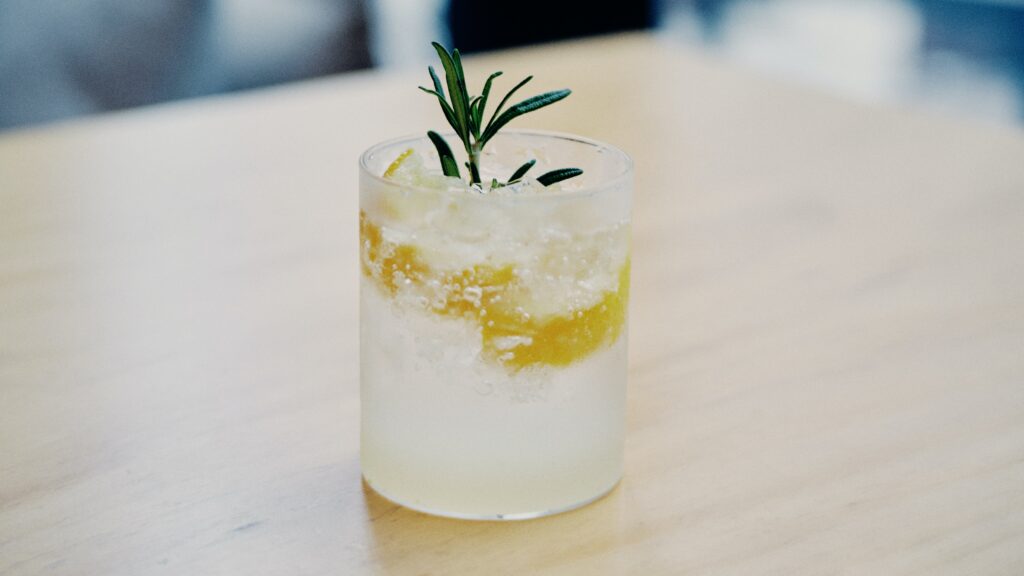
Health Benefits of Drinking Sparkling Water
Sparkling water may have several health benefits, making it more than just a fizzy drink.
A wealth of research highlights the benefits of drinking sparkling water. And it’s considered just as hydrating as regular still water.
Here are some of the major pros to drinking sparkling water.
1. Improves Digestion
Sparkling water has been linked to indigestion and constipation relief.
Studies have shown that drinking sparkling water reduces symptoms of indigestion, and those who drink it have more frequent bowel movements. That’s because the bicarbonate in many sparkling waters neutralizes gastric acidity, which can aid digestion.
2. Aids Weight Management
Drinking sparkling water can make you feel full, which can prompt you to eat less. The bubbles in sparkling water keep food in your stomach longer than still water.
Plus, it contains zero calories, making it a textured yet healthy alternative to sodas.
3. Helps Kids and Older Adults with Swallowing
Sparkling water can stimulate the nerves controlling swallowing, benefiting both young adults and the elderly. Some individuals also found relief from the repeated urge to clear their throats when drinking cold sparkling water.
4. Substitutes Other Drinks
For those aiming to cut down on their sugary beverage consumption (especially soda), sparkling water can be a great alternative.
You can even enhance its taste by adding herbs, fruits, or cucumber.
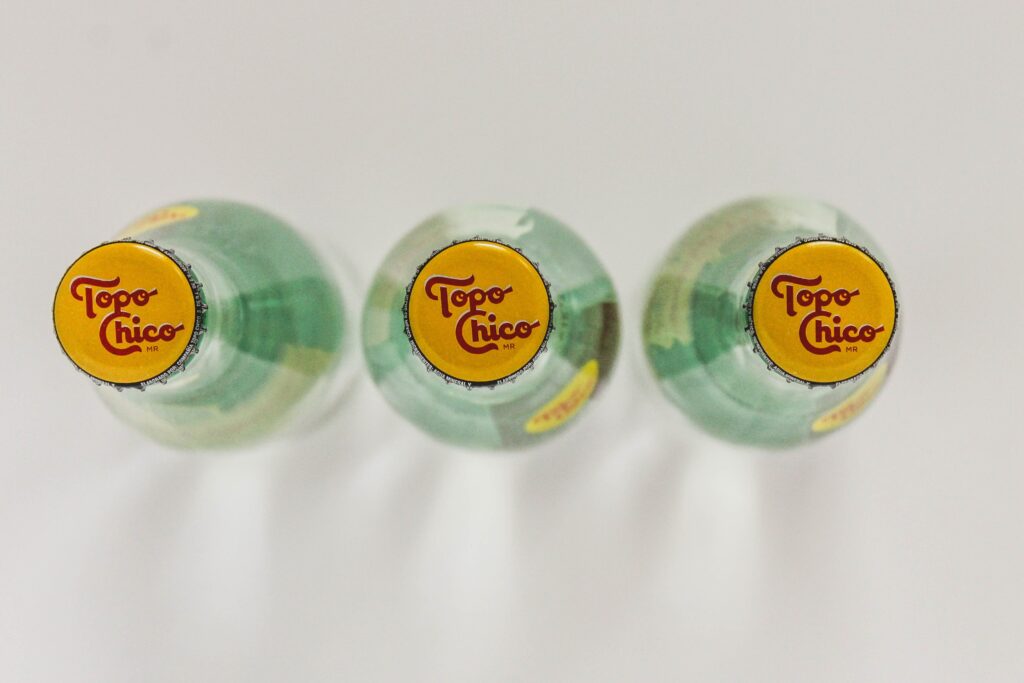
The Downsides of Drinking Sparkling Water
While sparkling water has its perks, it also comes with a side of considerations. Here are a few things to think about before making it your go-to sip.
1. Stomach Issues
If you’re someone who often faces digestive discomfort, sparkling water might amplify issues like:
- Acid reflux
- Burping
- Bloating
- Gas
- Stomach pain
If these symptoms pop up, it might be a sign to dial down the bubbles and go back to still water.
2. Dental Troubles
While regular seltzer doesn’t seem to harm enamel significantly, some sparkling waters contain minerals or additives like citric acid, phosphorus, or sugar that can erode tooth enamel.
Always check the label, and if you’re concerned, drinking with a straw or pairing it with a meal can help.
3. Sneaky Sweeteners
While sparkling water can be a healthier swap for sugary drinks, some brands sneak in added sugars. Always check the label to ensure you’re not unintentionally sipping on those extra calories.
You also might want to check the label for artificial sweeteners like erythritol and aspartame. Recent studies show artificial sweeteners are linked to all sorts of health issues, from increased risk of cancer, heart disease, and belly fat.
4. PFAS in Sparkling Water
Some bottled water and sparkling water brands may contain PFAS, which are chemicals that can persist in the environment and our bodies.
Again, always check the label or brand quality report to ensure you’re making informed hydration choices.
What are PFAS?
PFAS, short for per- and polyfluoroalkyl substances, are synthetic chemicals used in various products since the 1940s, from non-stick pans to certain fabrics.
Their resilience, earning them the nickname of “forever chemicals,” means that they don’t break down easily. This durability has raised eyebrows in the beverage industry.
Some sparkling water sources might contain traces of PFAS due to environmental contamination.
Health Risks of PFAS
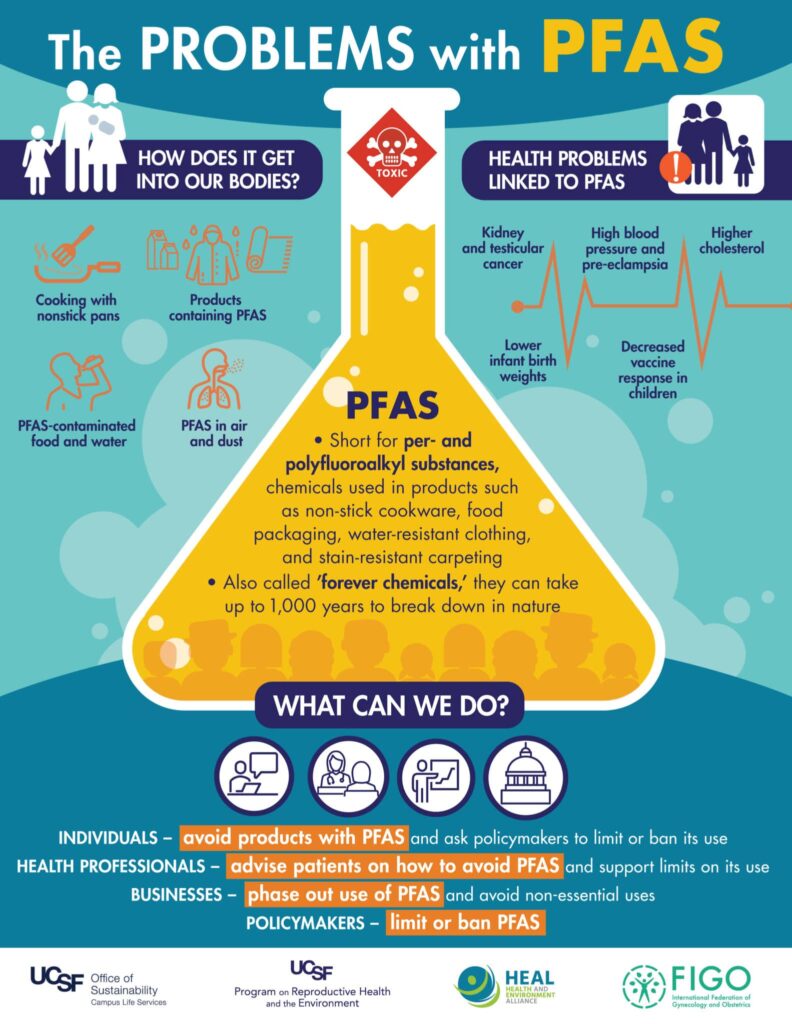
The persistence of PFAS in the body and environment has health experts concerned.
Extended exposure to high levels of these chemicals has been linked to liver damage, changes in immune response, and an increased risk of certain cancers.
Given these potential risks, it’s crucial to be informed and cautious about your choices.
Which Sparkling Waters Contain PFAS?
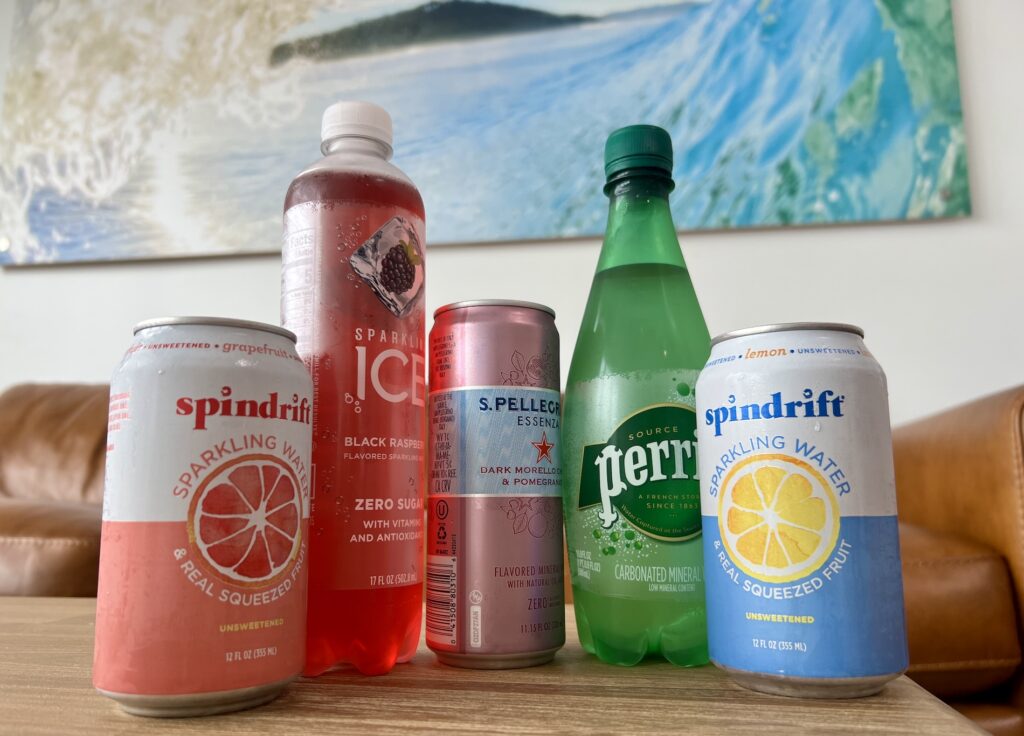
According to Consumer Reports, these are some sparkling water brands that contain high levels of PFAS:
- Topo Chico (9.76 ppt)
- Polar Seltzer (6.41 ppt)
- Bubly (2.24 ppt)
- Poland Spring (1.66 ppt)
- Canada Dry (1.24 ppt)
- La Croix (1.16 ppt)
- Perrier (1.1 ppt)
Which Sparkling Water Brands are the Healthiest and Safest?
Here are some sparkling water brands that have no or low levels of PFAS.
- Sparkling Ice Black Raspberry Sparkling Water (no detected PFAS)
- Spindrift (0.19 ppt)
- San Pellegrino (0.31 ppt)
- Dasani (0.37 ppt)
- Schweppes (0.58 ppt)
Sip Smart: The Takeaway on Sparkling Water
Navigating the effervescent world of sparkling water can be overwhelming. With the market bubbling over with options, it’s essential to be informed about what we’re sipping.
While sparkling water offers a delightful alternative to flat water and sugary drinks, it’s crucial to be aware of potential pitfalls like PFAS and other additives.
Remember, the best bubbly drink choice is always the one that aligns with your health goals and personal preferences. Whether you’re reaching for a classic seltzer, sparkling mineral water, or a fun mocktail mix, staying informed about what you’re putting in your body is key.
Cheers to making bubbly choices that benefit both our taste buds and our health!
Quick and Easy Sparkling Water Mocktails
Fruity Ice Delight
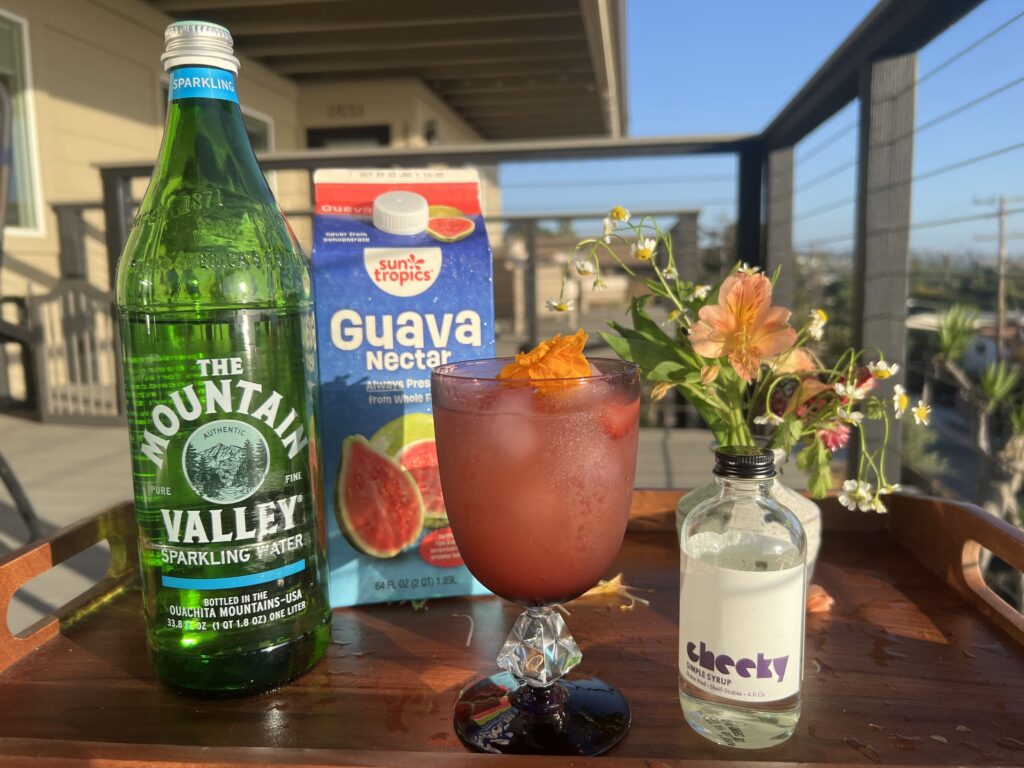
Pour sparkling water over ice cubes made from your favorite fruit juice (like orange, cranberry, guava, or pomegranate).
As the ice melts, it infuses the water with a subtle fruity flavor. You can even add some lemon juice for a bitter twist.
Shirley Temple Twist
Add a splash of grenadine to your sparkling water for a sweet and cool mocktail. Garnish with a cherry and a slice of lime.
Minty Cucumber Cooler
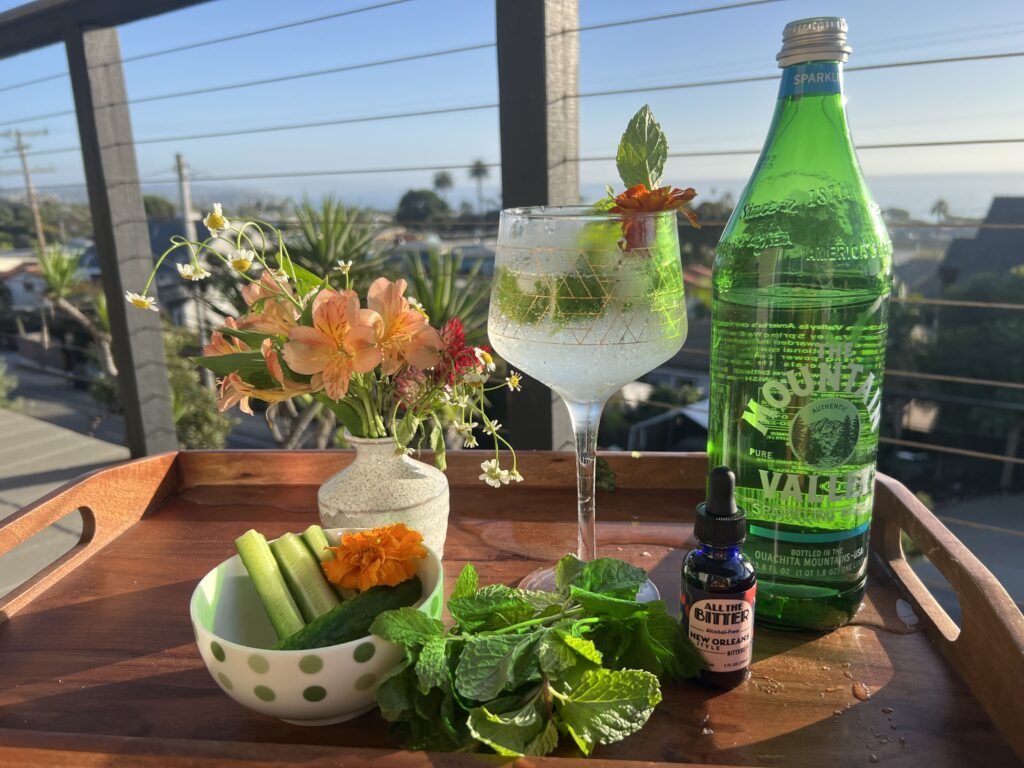
Muddle a few slices of cucumber and fresh mint leaves at the bottom of your glass. Fill with sparkling water and give it a gentle stir.
Berry Bliss
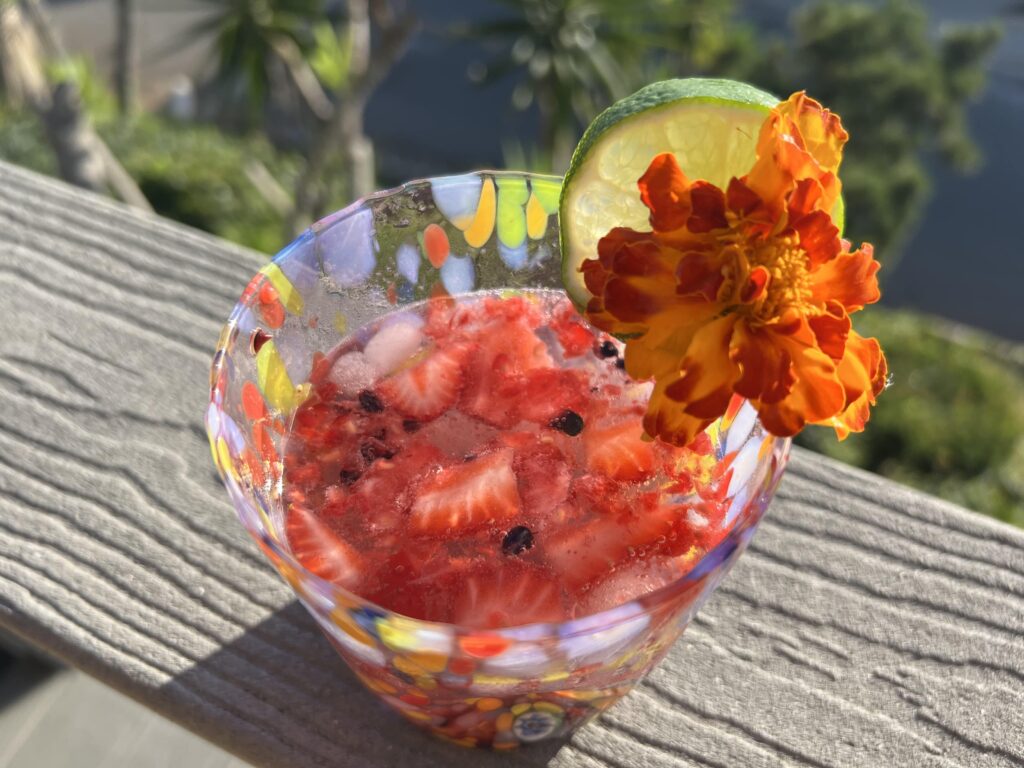
Mash a mix of berries (like raspberries, blueberries and strawberries) at the bottom of your glass. Pour in sparkling water and garnish with a sprig of mint. It’s a berry delightful drink!
Let us know your thoughts, and don’t forget to check out our ultimate guide to alcohol alternatives in 2023.
You May Also Like
-
Top Non-Alcoholic Adaptogen Drinks for a Healthier Happy Hour
-
The Ultimate Guide to Alcohol Alternatives in 2023
-
My Dri/kit Review: Elegant Non-Alcoholic Cocktail Kits and Gift Sets
-
Non-Alcoholic Thanksgiving Drinks: What to Bring If You’re Not Drinking
-
Best Non-Alcoholic Beverages for a Wedding Reception: Delicious and Inclusive Options
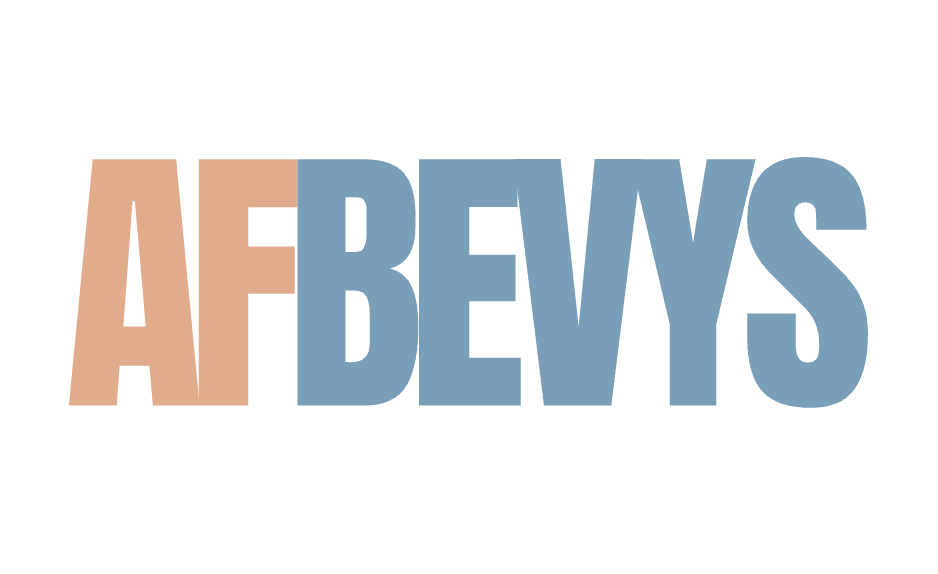
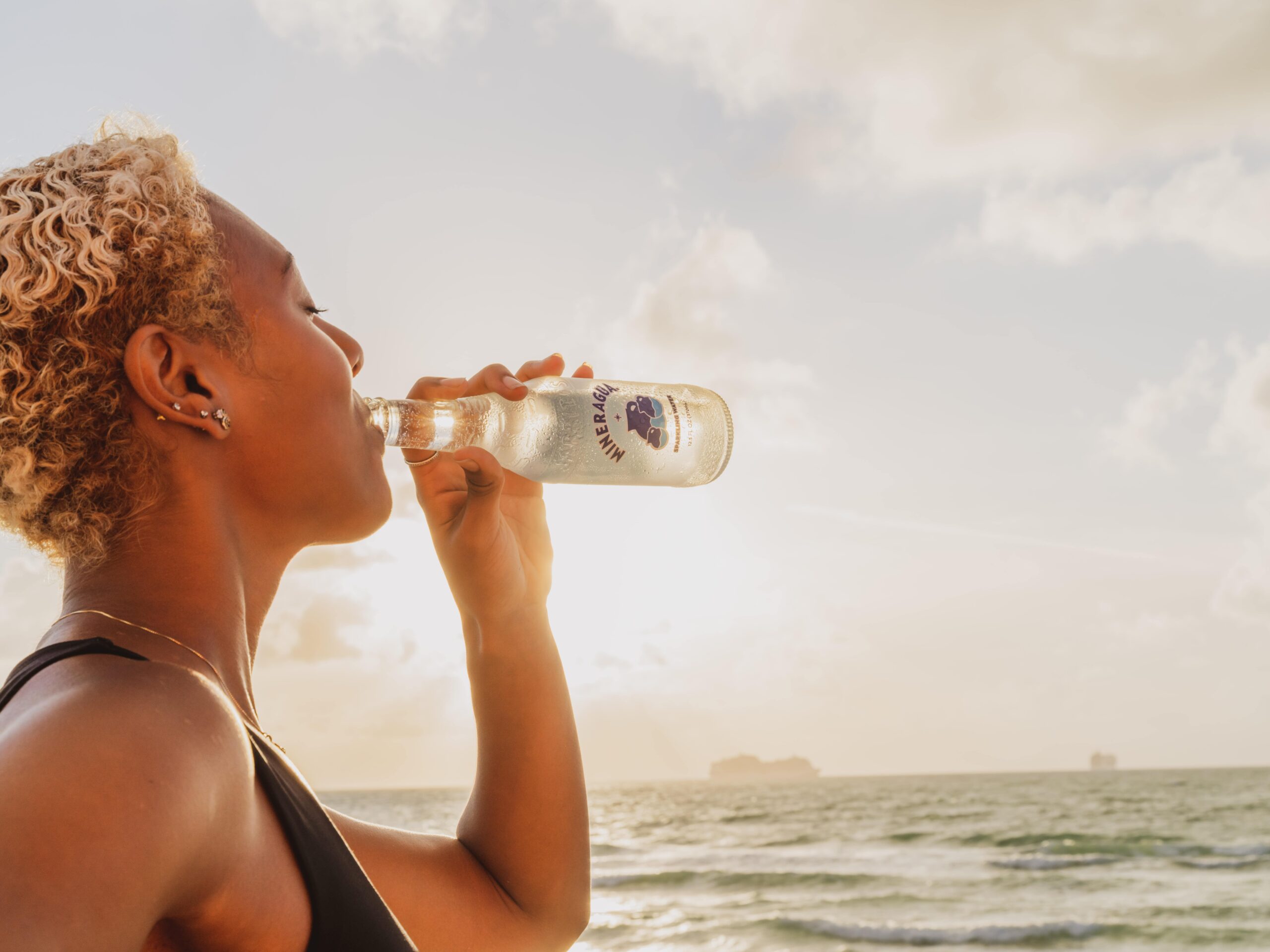
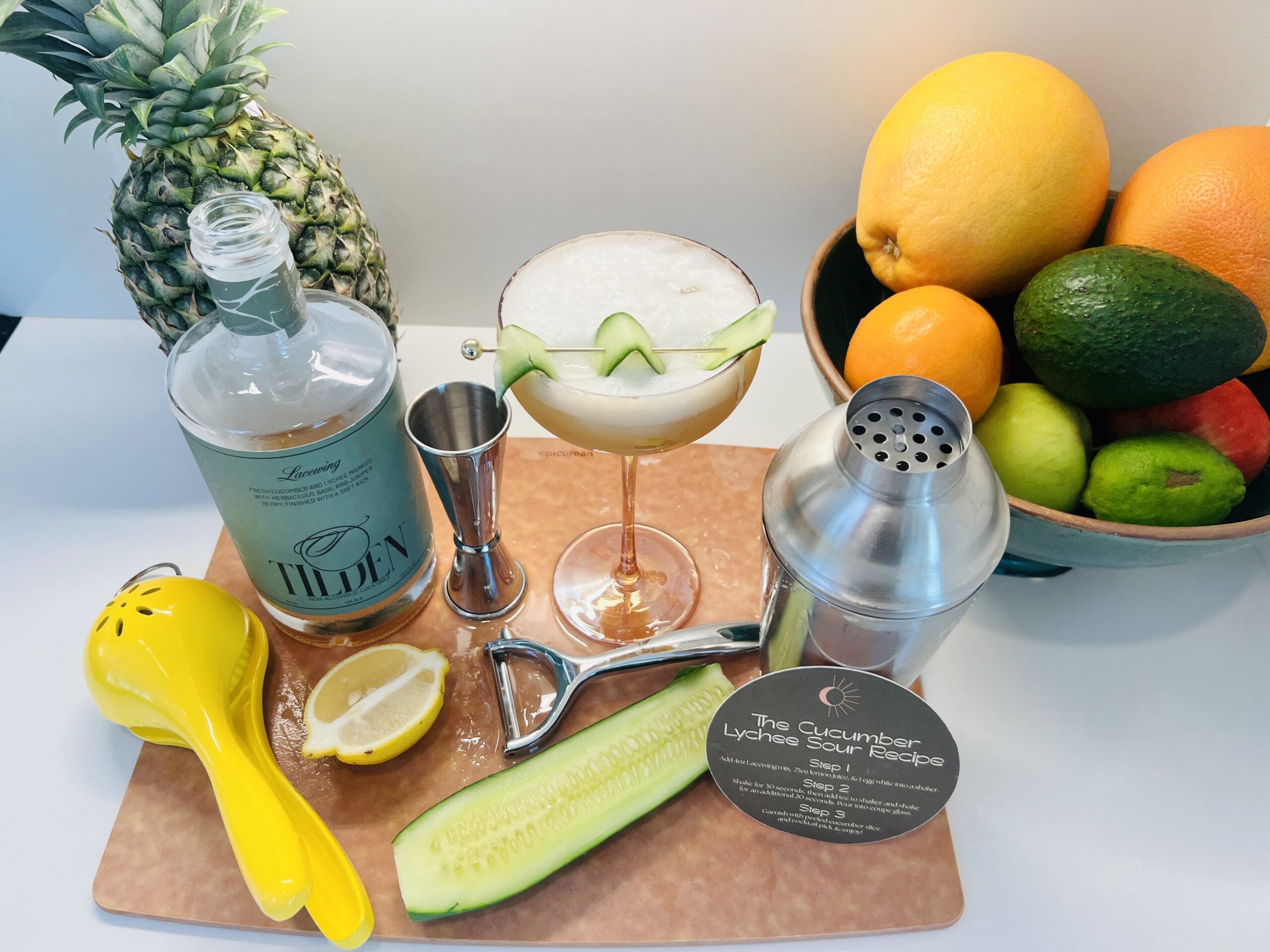
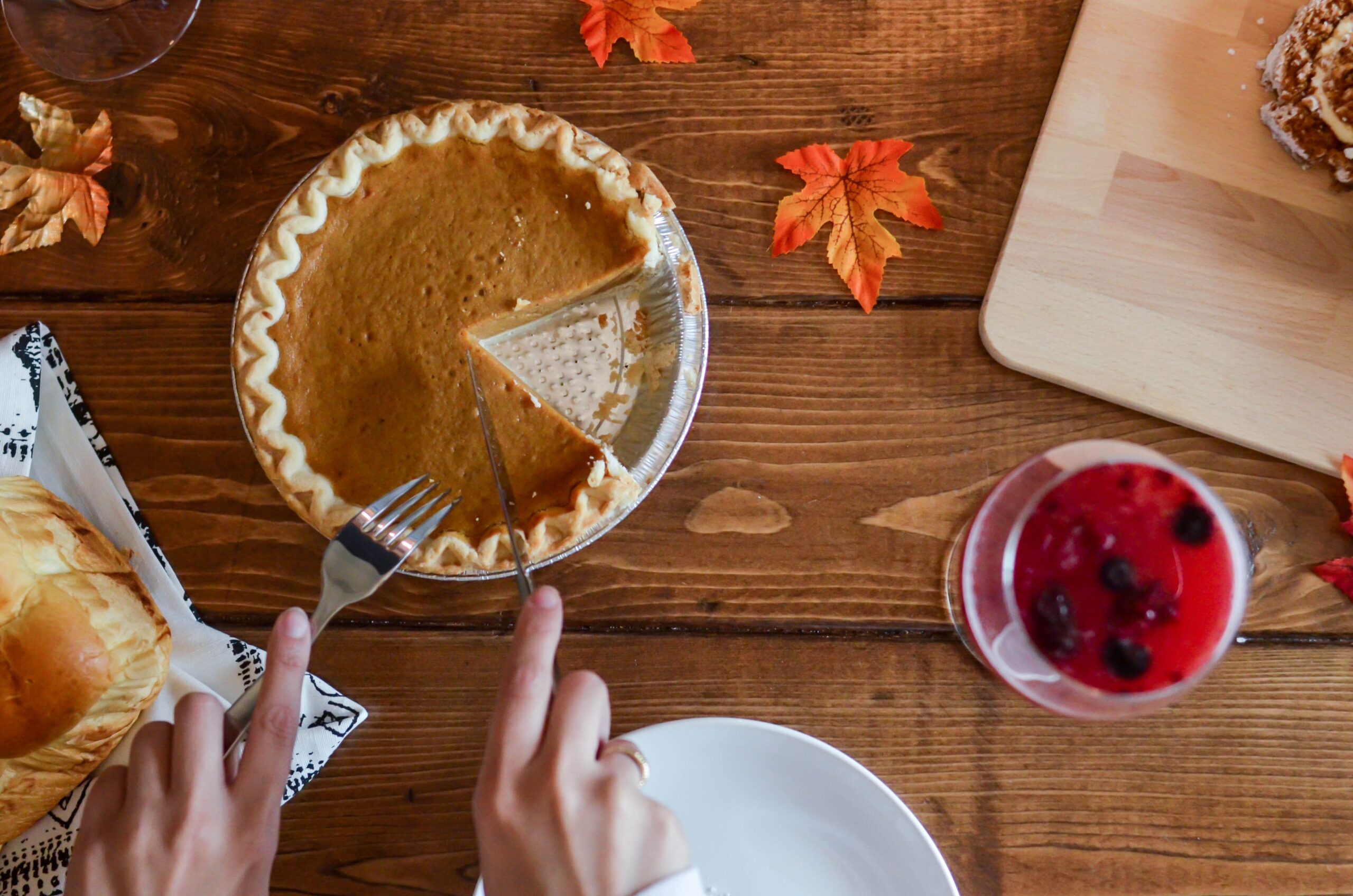
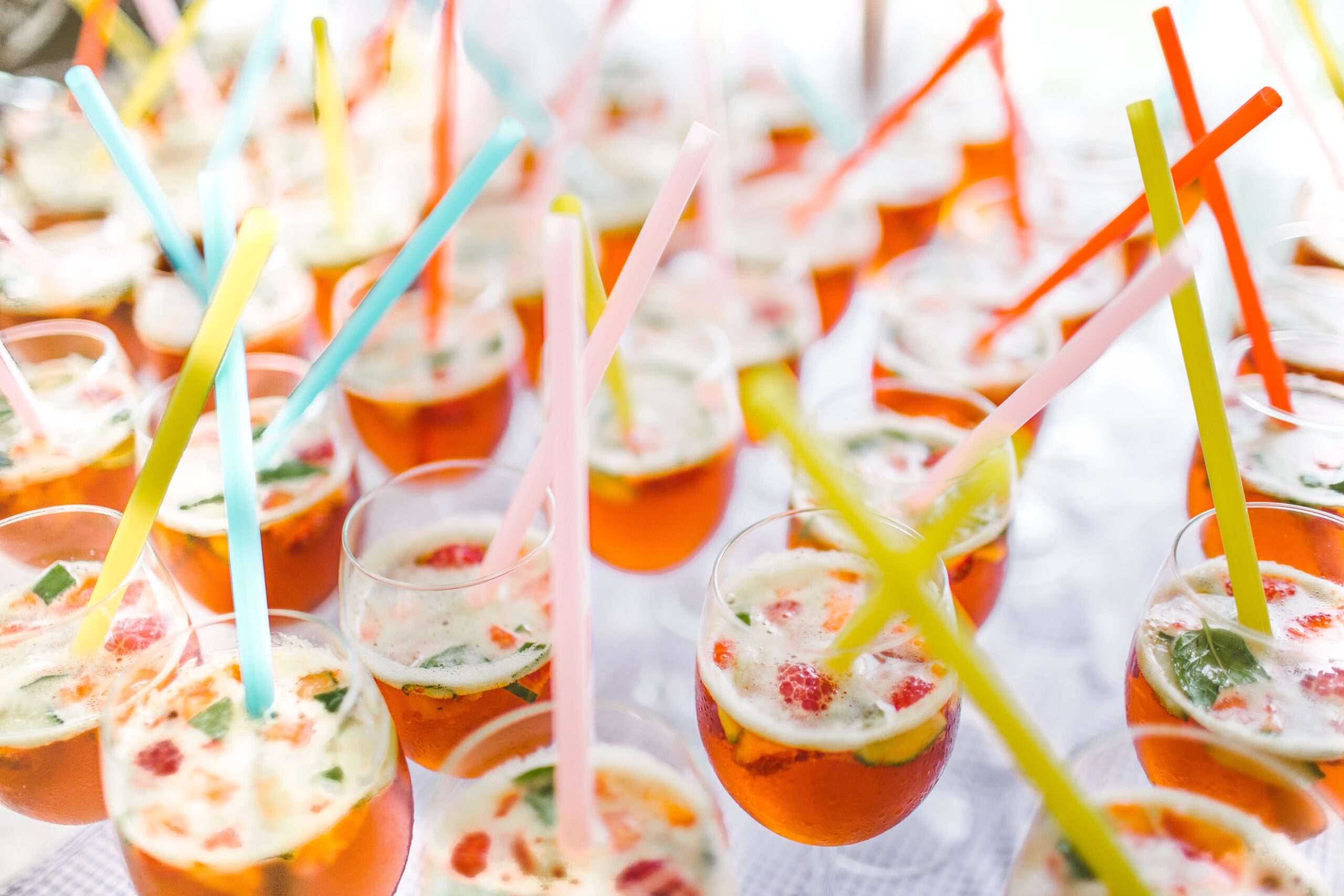
Leave a Reply